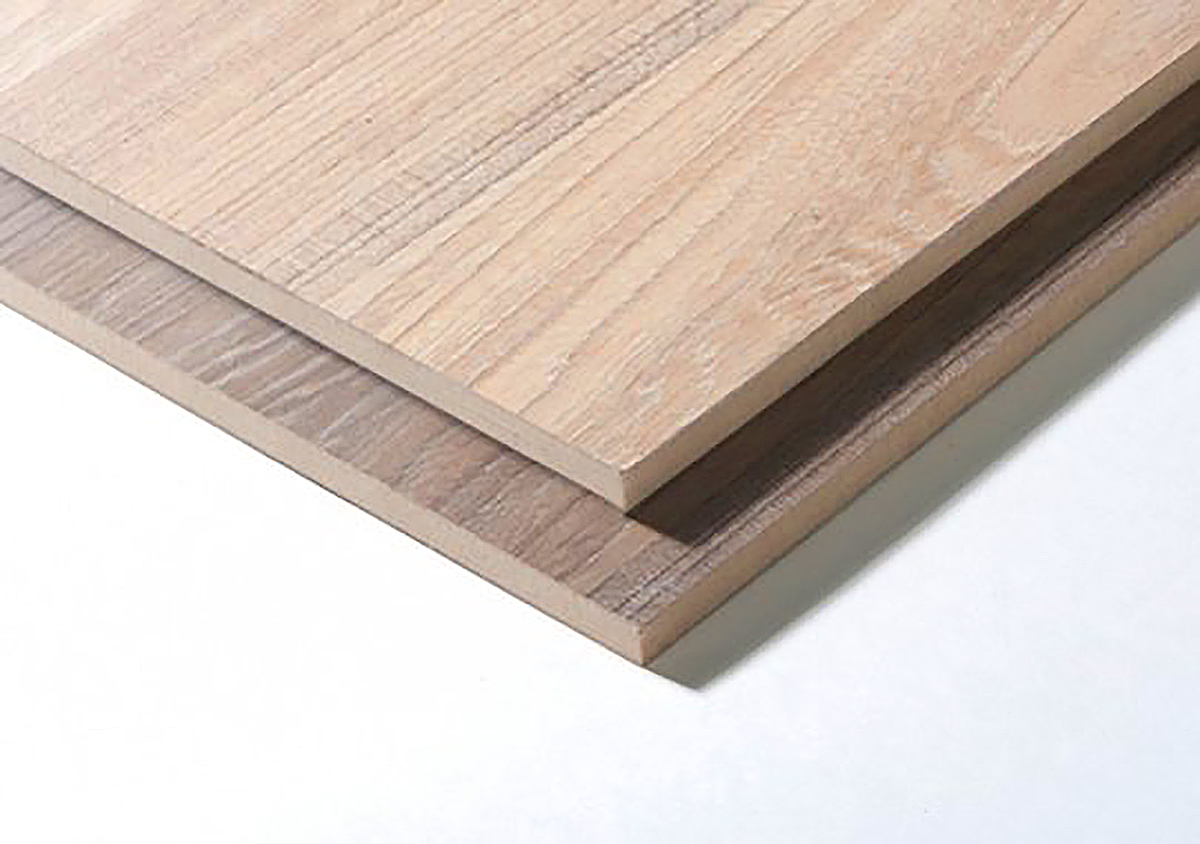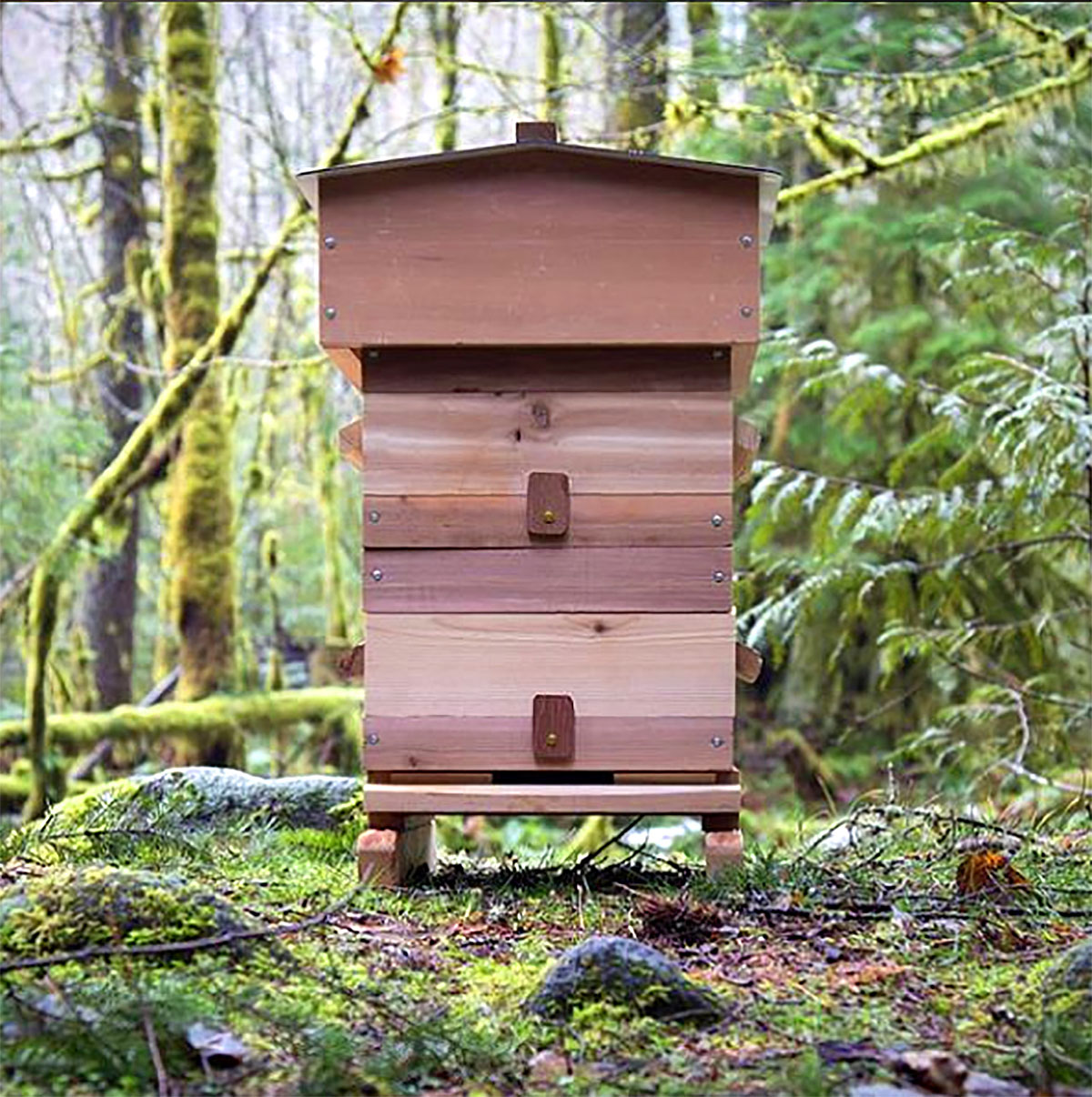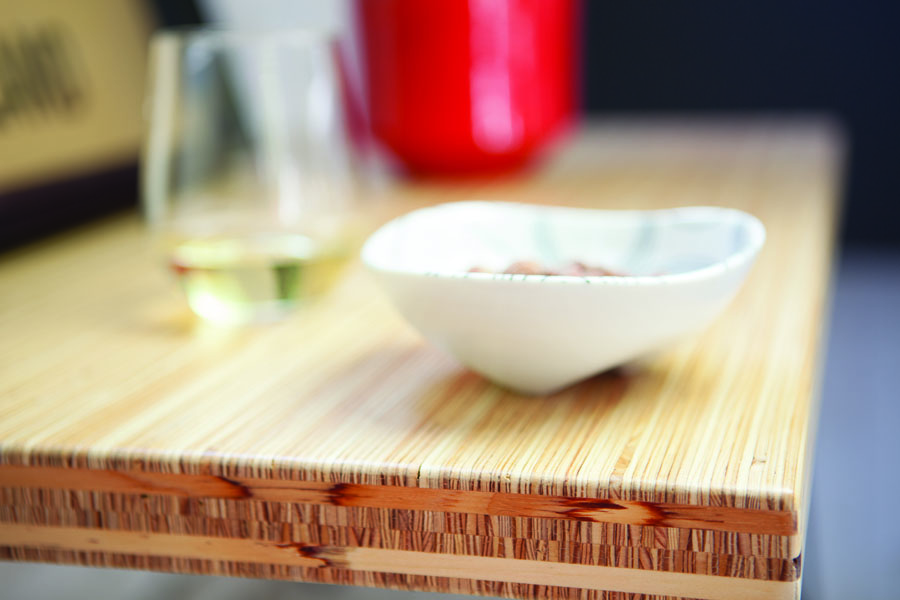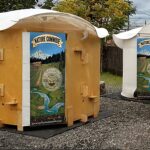Wood products startups aim to green construction practices.
Formaldehyde is the bane and backbone of the building trades. The toxic chemical, used in the production of bonding and adhesives, is present in many wood products. Aiming to render the toxin obsolete, Keizer-based EcoPro has developed a plant-based alternative appropriate for flooring, molding, cabinets, furniture and other building components.
many wood products. Aiming to render the toxin obsolete, Keizer-based EcoPro has developed a plant-based alternative appropriate for flooring, molding, cabinets, furniture and other building components.
“This is going to have a huge impact on interior air quality in residential and nonresidential buildings,” says Humayun Mandal, EcoPro’s founder.
Mandal, who has a background in chemistry and 20 years of experience developing adhesives for construction businesses, says he was inspired by “the vast potential to engineer plant-based materials to make useful, environmentally benign commercial products.”
The health benefits were another motivator. Not that disrupting the adhesive market is easy. Mandal cites challenges educating customers about the benefits of a formaldehyde-free product.
But EcoPro, jump started by a $124,000 grant from Oregon BEST, has already signed on two large clients in the Pacific Northwest.
Nearly 10 years ago, a honeybee flew into Jill and Matt Reed’s kitchen. Matt fed the bee honey and set it free. Word spread, presumably through the honeybee’s noted GPS waggle dance, and dozens of insects made, yes, a beeline for the Reeds’ kitchen.
the honeybee’s noted GPS waggle dance, and dozens of insects made, yes, a beeline for the Reeds’ kitchen.
That singular event led to the creation of Bee Thinking, a Portland-based supplier that makes hives out of reclaimed Western red cedar.
“I started blogging about the process, and people from all over the country reached out to purchase the hives, as I was making alternative designs from the highest-quality materials,” Matt says. “I knew we were on to something.”
The hives are constructed without adhesives to keep the boxes chemical-free. The Reeds opened their first shop in 2011, and an appearance on “Shark Tank” in 2015 boosted demand, prompting the couple to open a warehouse in Milwaukie.
Bee Thinking has grown its staff from eight to 50, and the company also manufactures Flow Hive, an easy-to-access hive developed by an Australian enterprise.
Dirk Wallace started Formology by selling architectural products and furniture crafted from new and salvaged wood. The Hubbard-based company is now tinkering with a new product: wood panels called AgriFORM, made out of agricultural byproducts such as sunflower- seed shells, hemp and grape vines from Oregon vineyards.
grape vines from Oregon vineyards.
“We are very proud of the fact that, in the making of AgriFORM panels, we are ‘up-cycling’ agricultural byproducts, which are usually destined to be slashed and burned in the fields, sent to mulching facilities or, in the worst case, dumped in landfills,” Wallace says.
Formology landed a $25,000 grant from Oregon BEST and a partnership with Oregon State University’s Wood Innovation Center.
The founders’ experience in the wood-products sector should help accelerate market adoption, says Formology partner Mike Lipke, who also owns Trillium Pacific Millwork.
Formology, whose wood and steel furniture graces the new Headwaters restaurant at the Heathman, aims to launch AgriFORM this summer.





